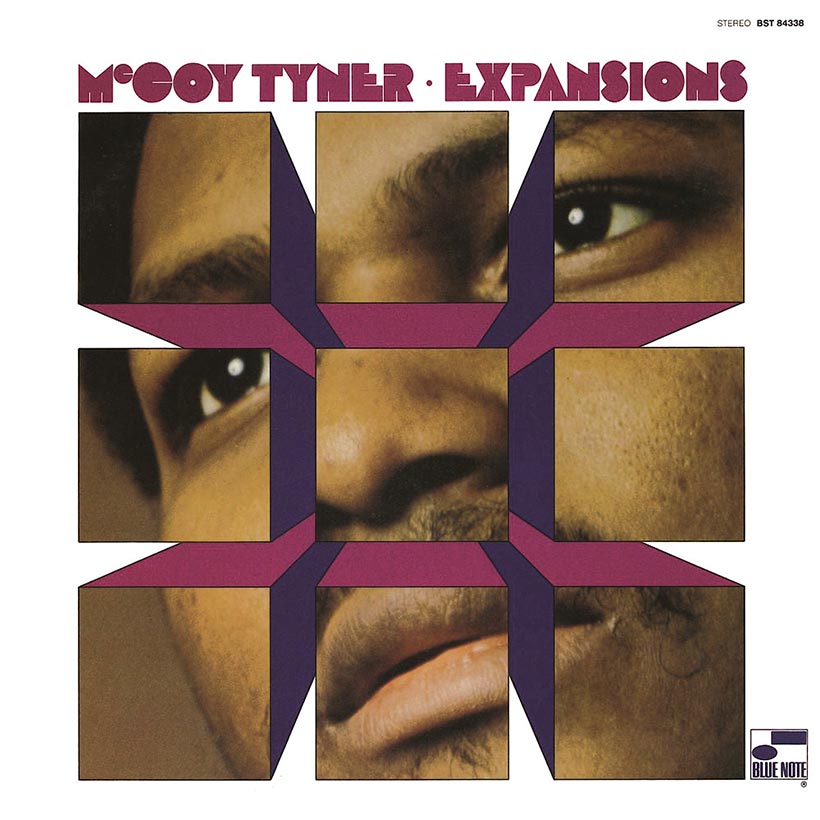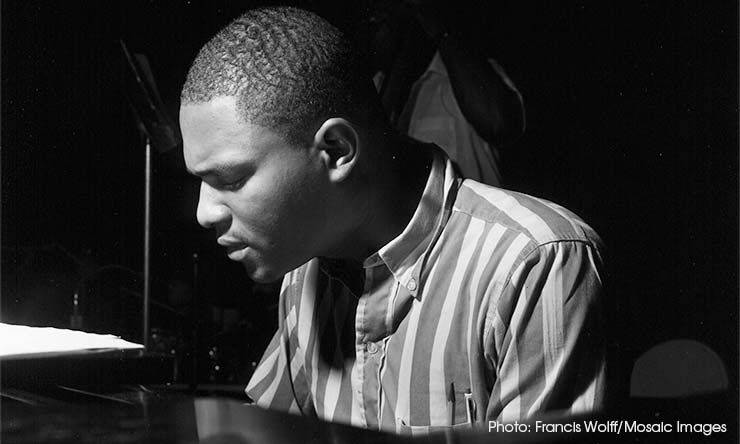How ‘Expansions’ Broadened McCoy Tyner’s Musical Horizons
His fourth album for the iconic Blue Note label, ‘Expansions’ was an ambitious work that found pianist McCoy Tyner in brand new territory.
Though still only 29 years old when he recorded
Expansions for Blue Note Records at Van Gelder Studio, on Friday, 23 August 1968, Philadelphia pianist McCoy Tyner was nevertheless a seasoned and highly-experienced musician.
Tyner’s professional career began when he was just 15, playing in local R&B bands, but he soon outgrew them. Mentored by noted bebop pianist Bud Powell, who was a neighbour, the young Tyner rapidly blossomed into a major jazz talent. He first came onto the radar of the wider jazz public after he played in Benny Golson and Art Farmer’s groundbreaking band, The Jazztet, in 1959.
A year later, Tyner, then just 21, was recruited by rising star John Coltrane and, as part of the saxophonist’s famous quartet over the next five years, he would help to shape the course of jazz history via classic albums such as
My Favorite Things,
“Live” At The Village Vanguard and
A Love Supreme.
Tyner’s solo career began while he was still with Coltrane and, in a fertile period between 1962 and 1964, he released six albums for the Impulse! label. After he left Coltrane, in 1965, Tyner had a couple of fallow years but eventually landed at Blue Note in 1967.
Expansions was his fourth LP for the iconic jazz label and its title referenced the fact that it was Tyner’s most ambitious solo project up to that point, using a larger ensemble than was the norm, comprising seven musicians. In terms of its personnel,
Expansions certainly boasted an impressive line-up. On saxophone was Wayne Shorter, then still in the Miles Davis Quintet, while Ron Carter was also “borrowed” from that group, though he played cello on the session rather than his customary bass. Playing trumpet was one of Philadelphia’s rising talents, Woody Shaw, who had impressed on organist Larry Young’s 1966 Blue Note LP
Unity. Playing alto sax (and doubling on wooden flute) was Baltimore musician Gary Bartz, who, later in the 70s, would go onto work with Miles Davis. Completing the line-up was bassist Herbie Lewis and drummer Freddie Waits.
Expansions’ opener, ‘Vision’, is a classic slice of late 60s modal jazz. A propulsive cut, it’s driven by Tyner’s percussive – and strongly rhythmic – piano chords. Above this jaunty ostinato pattern the horn players harmonise a clarion-like series of motifs, before a transition into a swinging bridge section with walking bass. Tyner takes the first solo, juxtaposing explosive left-hand chords with sparkling and fleet-of-finger right-hand runs. As the music simmers down, Ron Carter falls under the spotlight with a dexterous bowed cello solo that uses glissandi effects. He’s followed by blazing passages of improv by the horn players, Wayne Shorter, Gary Bartz and Woody Shaw, though it’s drummer Freddie Waits who has the final say, with a short solo before a reprise of the main theme. .....
... read further on:
https://www.udiscovermusic.com/stories/expansions-mccoy-tyner-blue-note-album/





